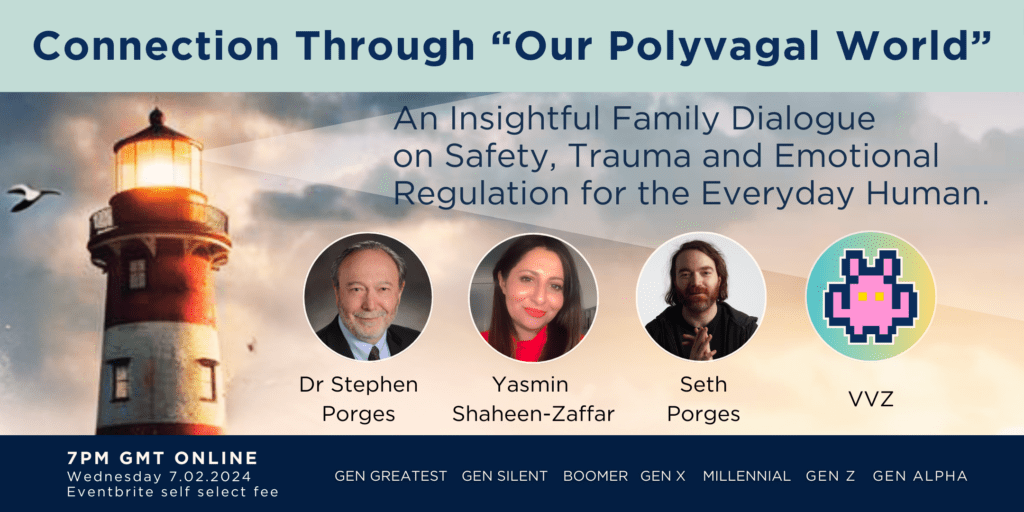Home » Polyvagal Training for Wellbeing Practitioners | Polyvagal Teen®
Polyvagal tools for wellbeing practitioners (counsellors, coaches, psychologists, GPs & OTs).
A steady, practical way to support regulation, connection, and care.
Polyvagal theory explains to wellbeing practitioners how the nervous system reacts to stress and safety – and why human behaviour can switch so quickly. At Polyvagal Teen®, you’ll find practical, neurodivergent-friendly tools to spot patterns, work through tough moments, and build steadier days at home, in your practice and home life. Our tools help youth, families, organisations and neurodivergent individuals build healthier connections with their nervous system – supporting better relationships with self, others, and the wider world.
Begin with the free R.U.D Process®: a one-page guide to increasing self-awareness and diffusing tough moments.
At A Glance ...
- Who it’s for: counsellors, therapists, wellbeing leads, youth workers, SENCOs, coaches, and allied health and wellbeing professionals.
- What you’ll learn: a simple, consent‑led way to use polyvagal principles with individuals, families, and groups.
- Focus areas: emotional regulation, sensory needs, family communication, and everyday wellbeing.
- Format: short demos, session‑ready micro‑practices, printable tools
- Ethics: neuro‑affirming, trauma‑sensitive, scope‑aware. No promises or guarantees.
- Crisis: not for emergencies - see signposting below.
Polyvagal for counsellors & psychotherapists Polyvagal for coaches & consultants Polyvagal for psychologists & GPs (primary care) Polyvagal for occupational therapists (OTs) Free for practitioners: R.U.D Process® + States Tracker (print & share)
Who the R.U.D Process® Helps
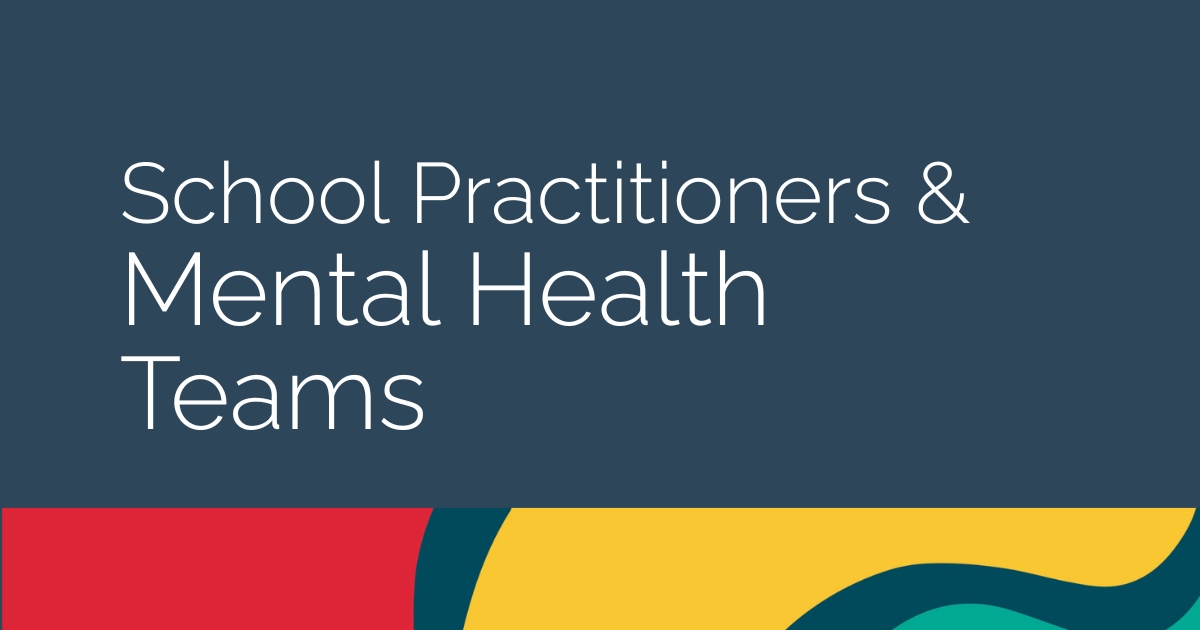
Tools for pupil emotional regulation (breath-optional)
- Quick, pressure-free check-ins before lessons or sessions
Shared language for staff, pupils, and parents (buzzy · flat · steady)
Breath-optional options for sensory needs and exam stress
Useful in: pastoral meetings, form time, emotion based school avoidance, return-to-learn plans.
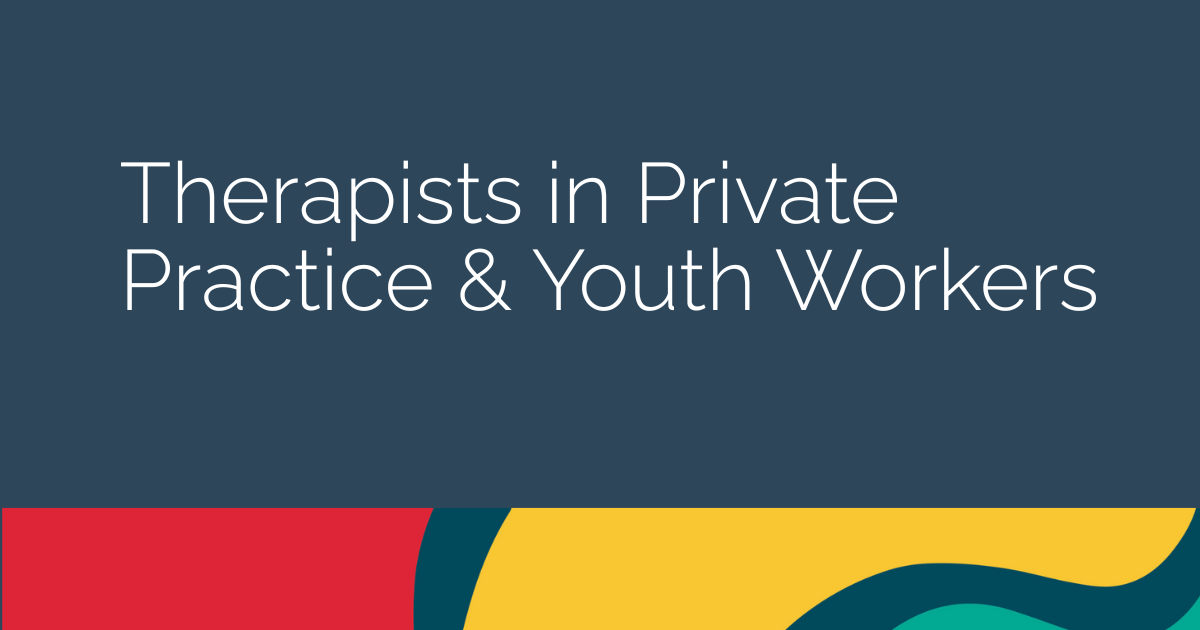
Polyvagal-informed practice, made simple
A gentle way to begin when feelings are hard or impossible to name
Fits any modality; keeps consent and choice front and centre
Helps understand how nervous system states drive behaviour.
Useful in: intake sessions, brief interventions, family work.
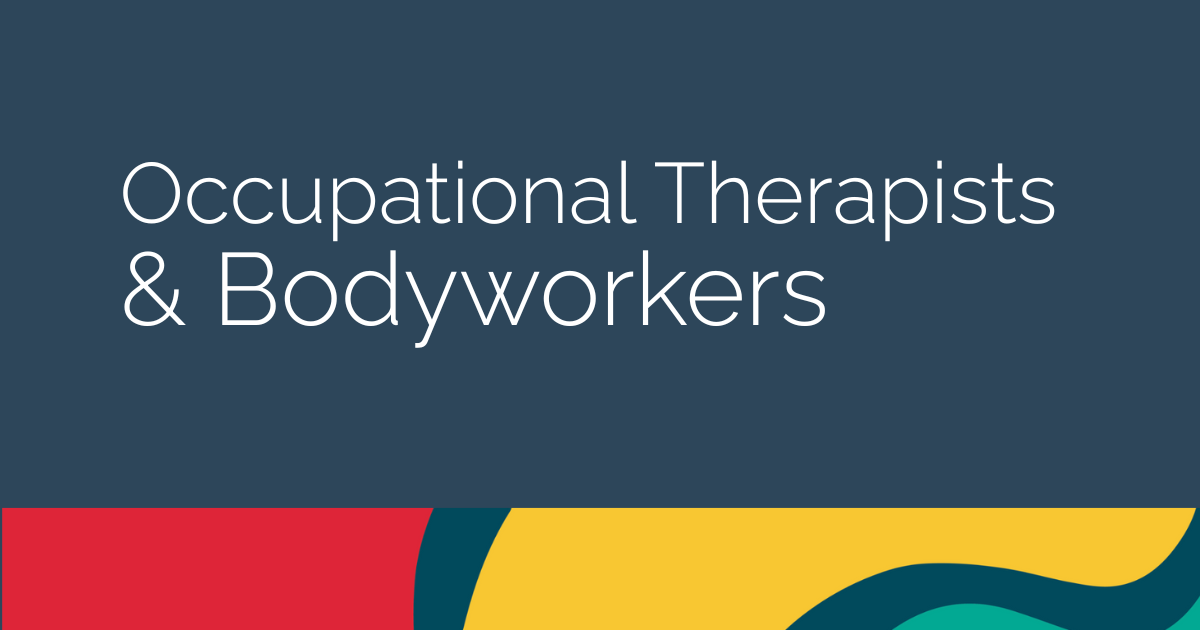
Sensory-friendly routines for OT sessions
- Start with body signals when words are hard (alexithymia, shutdown)
- Choice-led micro-practices (eyes, voice, movement; breath optional)
- Gentle routines to embed between appointments
Useful in: sensory integration work, pacing plans, home programmes to raise awareness.
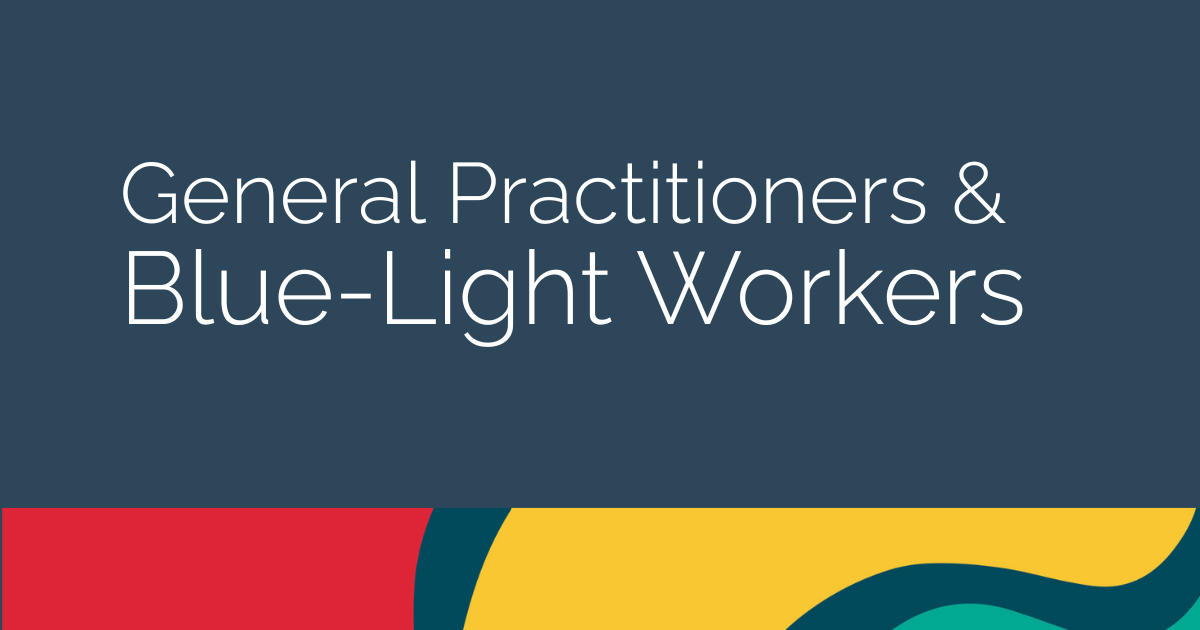
Rapid regulation tool for primary care and first responders
- 2-5 minute self-awareness sheet for high-pressure settings
Plain-English prompts to reduce shame and panic in the room
Easy handout for safety-first next steps
Useful in: primary care consults, wellbeing hubs, first-responder debriefs
Is this you?
What are the key benefits for polyvagal wellbeing practitioners?
Feels safer in sessions – no demand to name feelings on cue.
Kinder to the nervous system – noticing signals can soften stress.
Sensory-friendly options (breath and eye contact are optional).
Quick “little wins” that carry over into home and school.
Shared, blame-free language for co-regulation and communication.
Choice-led, consent-first – a good fit for neurodivergent profiles and alexithymia.
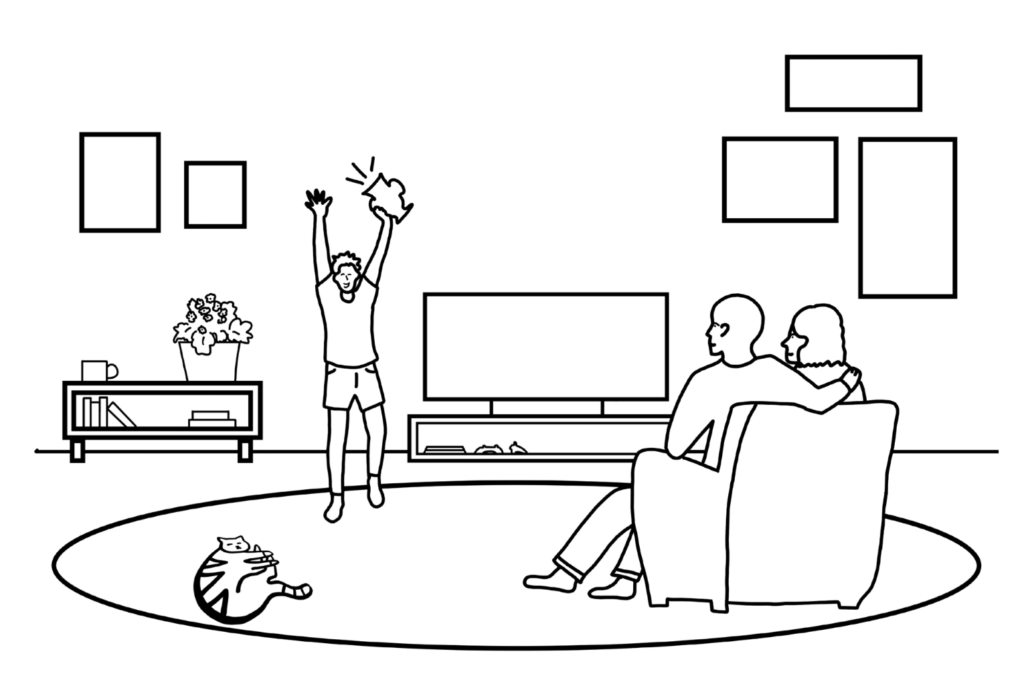
Why does this matter for your role?
Polyvagal for psychologists & GPs (primary care)
Brief, evidence-informed tools that transfer to home and school. Concrete, choice - based materials support engagement and consistent follow-through.
Download: free R.U.D Process® + States Tracker (print & share)
Polyvagal for counsellors & psychotherapists
When sessions stall (shutdown, masking, quick escalations), teen-friendly prompts and visuals surface what’s happening now and give a doable next step that carries between sessions. Explore: teen emotional regulation Card Deck
Polyvagal for coaches & consultants
Clients may “know” what to do but lose access under stress. Micro-practices and state-aware routines keep goals on track without losing the heart of the work.
See: routines for teens toolkit (Toolbag)
Polyvagal for occupational therapists (OTs) -
Sensory needs and transitions can trigger spirals. Regulation stations, visual routines, and body-based micro-practices align with sensory programmes for daily living.
Learn more: polyvagal in schools (regulation stations & routines)
FAQ - polyvagal tools for practioners: Does polyvagal state affect physical health (mind–body)?
Why The R.U.D Process® Works: Simple, pressure-free self-awareness tool for wellbeing practitioners
The nervous system & physical health (mind - body)
Stress and safety states don’t just shape feelings – they show up in the body. Common mind-body impacts include:
- Sleep & energy: racing mind at night, early-morning slump, fragmented sleep.
- Digestion & appetite: IBS-type flares, nausea, appetite swings under stress.
- Pain & tension: jaw/neck/shoulder tightness, recurrent headaches or migraines.
- Heart & breath: breath-holding/over-breathing, palpitations, stress-related BP spikes.
- Immune resilience: frequent colds, slower recovery when stress is high.
- Executive function: dips in focus, planning, working memory and follow-through.
rud process form to be inserted
FAQ for mental health and wellbeing practitioners, GP's and OTs
Does polyvagal state affect physical health?
Yes – sleep, digestion, pain/tension, breathing/heart rate, BP and immune resilience can all shift with autonomic state.How do I handle strong emotional responses?
Slow down, orient to the room, offer choices, and return to external anchors. Debrief and update the plan.
Do you offer CPD or team training?
Yes – live online, in-person, and train-the-trainer options with implementation guides.Can organisations roll this out across sites?
Yes – use our rollout kit (policies, templates, measurement) and bulk resource packs.
Yes. Everything is neuro-affirming – visual, concrete, choice-based – for ADHD/autistic teens and tweens created by a neurodivergent trauma and relationship counsellor.
How do you support consent and safeguarding?
Scripts are consent-led; include stop/skip options and signposting to crisis pathways.Is the material culturally adaptable?
Yes – language is plain-English; examples are editable; we encourage co-creating culturally relevant cues of safety.
- Formats: print or digital?
Both. Decks and Toolbag are physical and/or downloadable; R.U.D + States Tracker is a free download. Shipping & bulk orders?
UK/EU shipping available; bulk pricing for services, schools and EAPs.Can I use images in my reports/slides?
Yes – within your service and with attribution; for public use, please contact us

